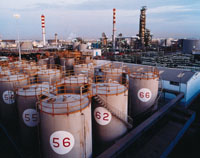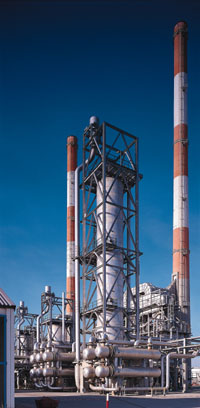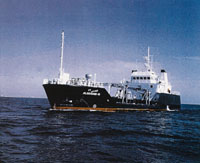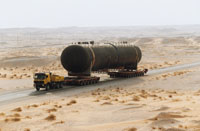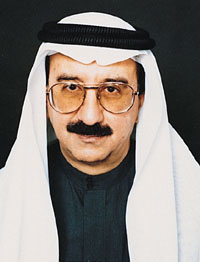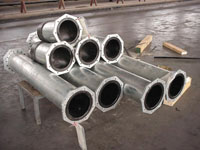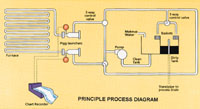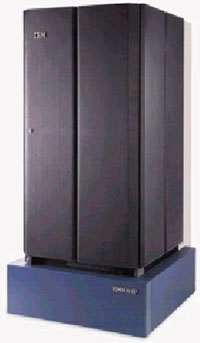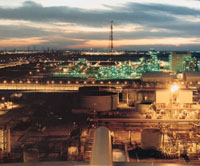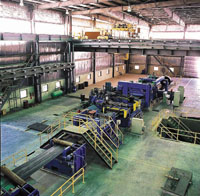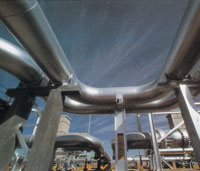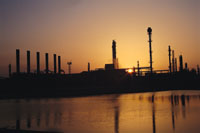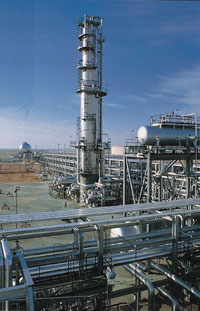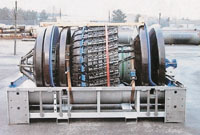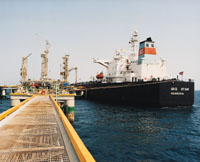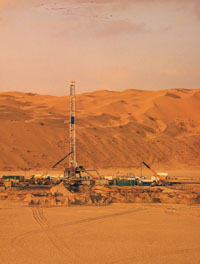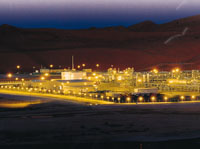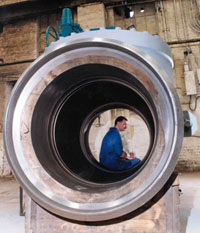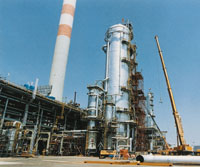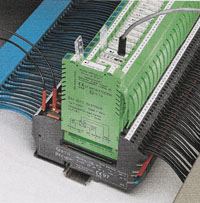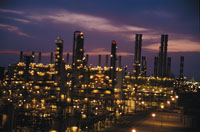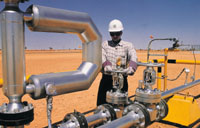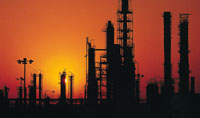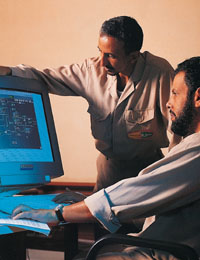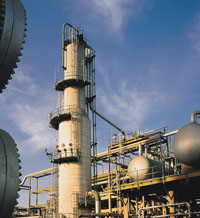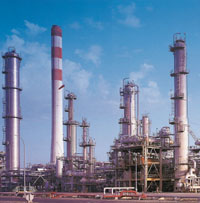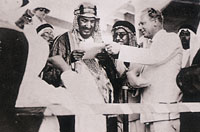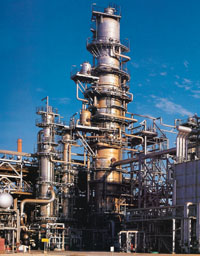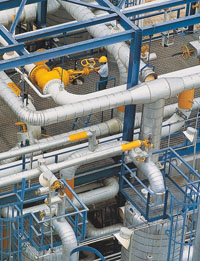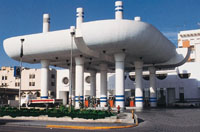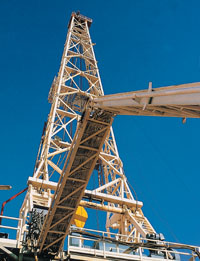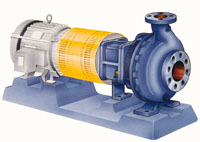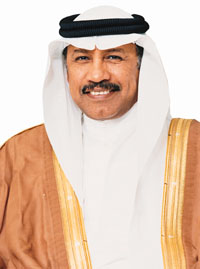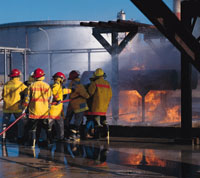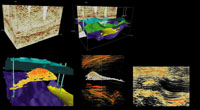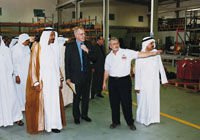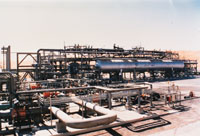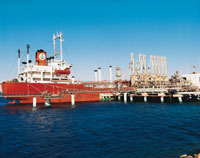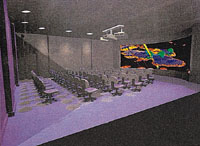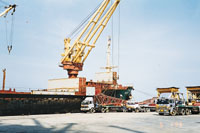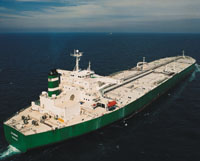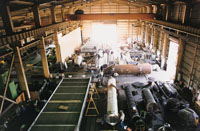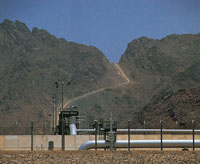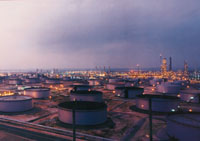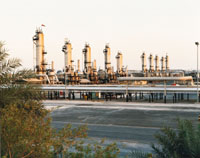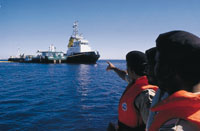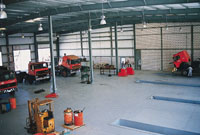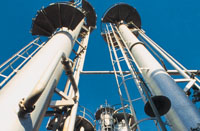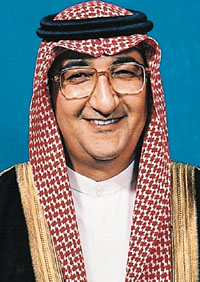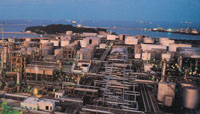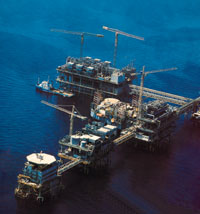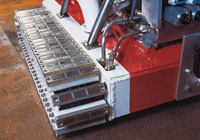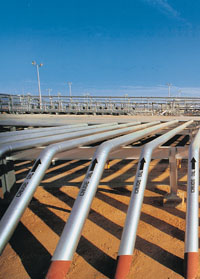
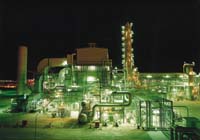
Expansion of Saudi Arabia's petrochemical industries will be aided by increased use of cheap and abundant supplies of natural gas feedstock. SAUDI ARABIA's petrochemical sector will be a major beneficiary of the enhanced use of gas in the Kingdom, particularly as the sector is itself being expanded.
Saudi Basic Industries Corporation (Sabic), in which the government holds a 70 per cent share, accounts for five per cent of world petrochemical production, and is pushing ahead with the third stage of an ambitious expansion plan.
The Corporation aims to increase petrochemical production to 30 million tonnes per year (tpy) by next year (from 23.7 million tonnes in 1997).
In February 1997, Saudi Petrochemical Company (Sadaf), a joint venture between Sabic and Shell Oil Company of the US, launched a $1 billion expansion programme that includes a new 700,000 tpy plant for methyl tertiary butyl ether (MTBE).
A second styrene monomer plant has also come onstream at the Jubail facility.
In January last year, Japan's Chiyoda Corporation won a $500 million order from Saudi Arabia's Eastern Petrochemical Corporation (Sharq) to build a 500,000 tpy ethylene glycol plant in Jubail Industrial City. The new plant makes Sharq the largest single-complex ethylene glycol producer in the world.
Another project, Saudi Yanbu Petrochemical Company (Yanpet) is being further developed by Sabic and US partner Mobil at a cost of $2.2 to $2.5 billion.
The Yanpet II project involves construction of a second 800,000 tpy ethylene cracker, with capability to produce polyethylene and ethylene glycol.
In other developments, US-based ABB Lummus Global has been awarded a $392 million contract to install 700,000 tpy of ethylene capacity; Italy's Tecnimont is building a 210,000 tpy grassroots low-density polyethylene plant; and Arabian Petrochemical Company (Petrokemya) is building a propane cracker and an 800,000 tpy ethylene plant with additional capacity to produce 275,000 tpy of propylene.
Known as Olefins III, the new facility is expected to come onstream before the end of this year.
Al Jubail Petrochemical Company (Kemya) is also building a 700,000 tpy ethylene and 200,000 tpy propylene plant.



















































































